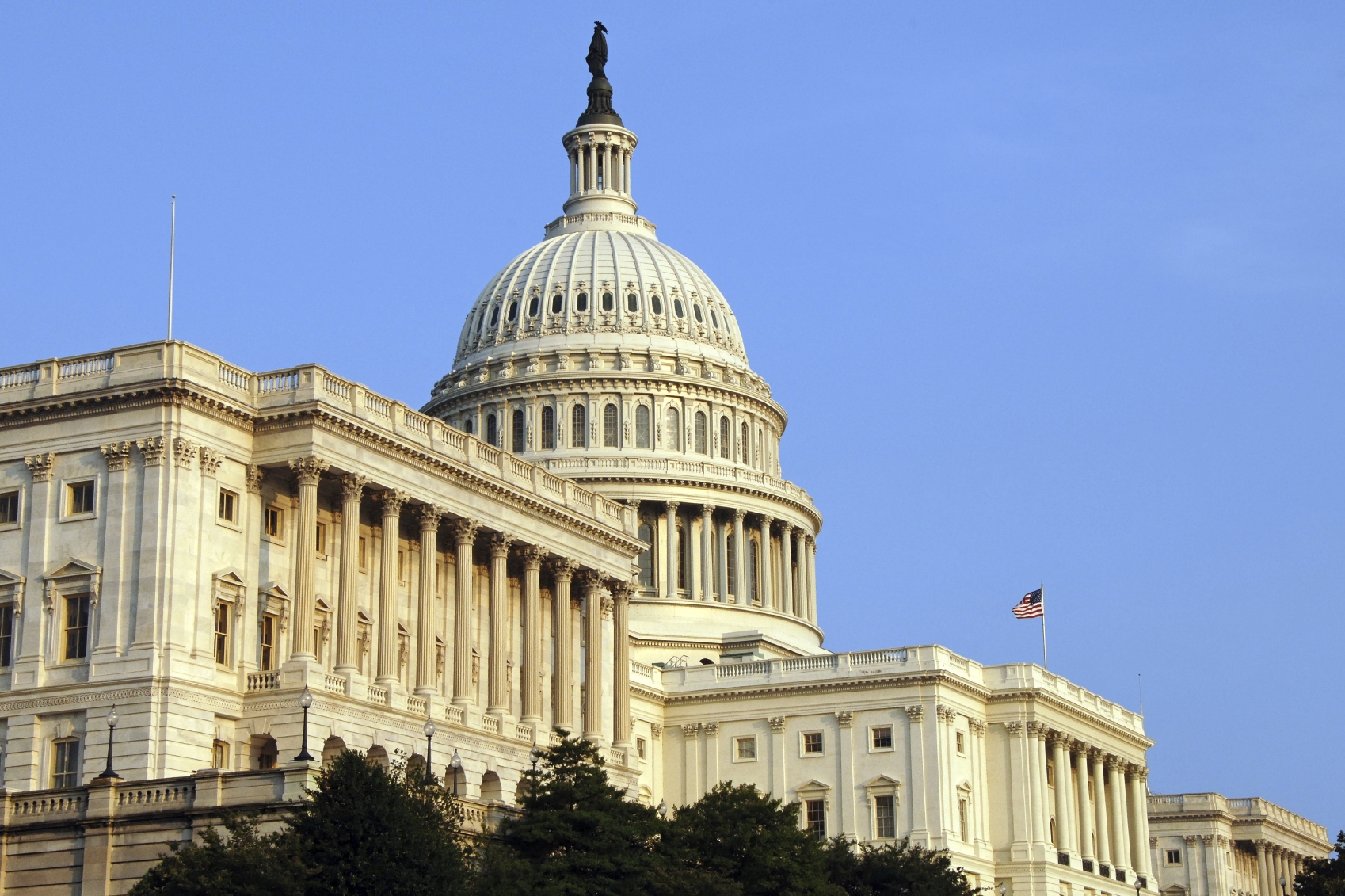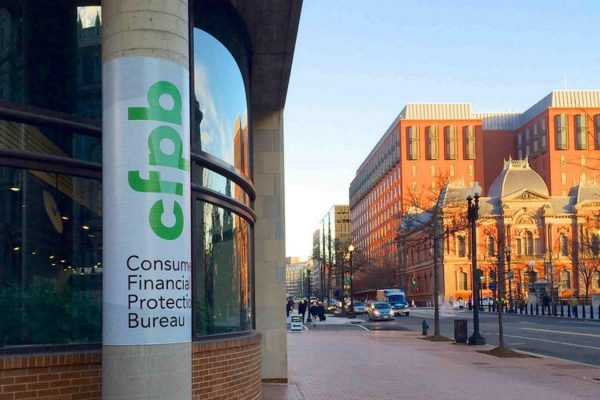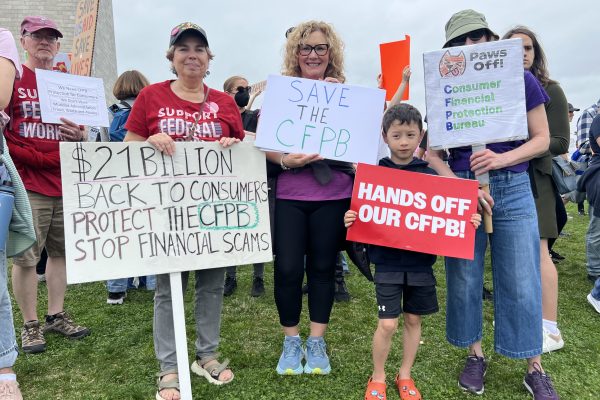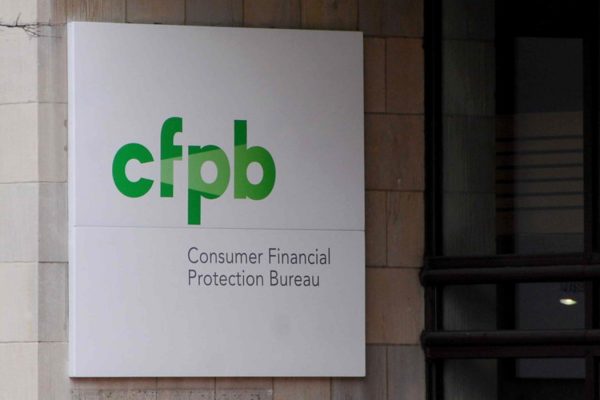Blog: Congress Must Close the Carried Interest Tax Loophole that Fuels Predation, Not Production
Few tax loopholes better exemplify how our rigged economy rewards wealth extraction over real work than the carried interest loophole. The controversial loophole exists to benefit some of the wealthiest people on Wall Street—especially private equity executives—at the expense of workers, communities, and the public.










